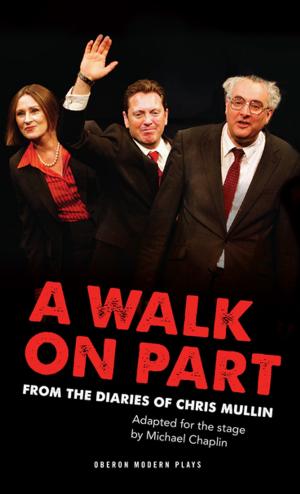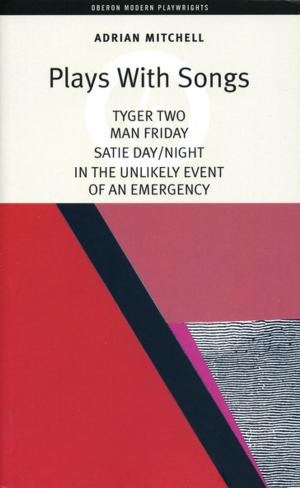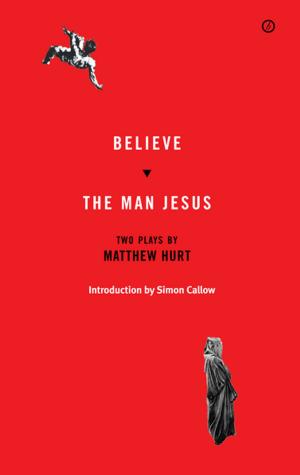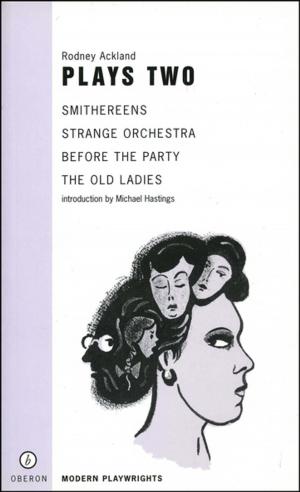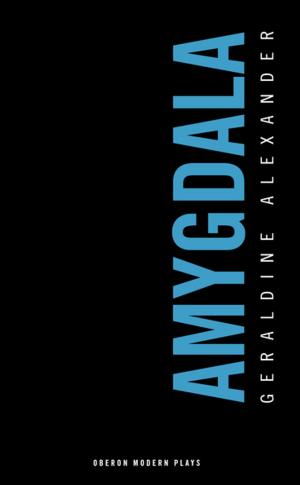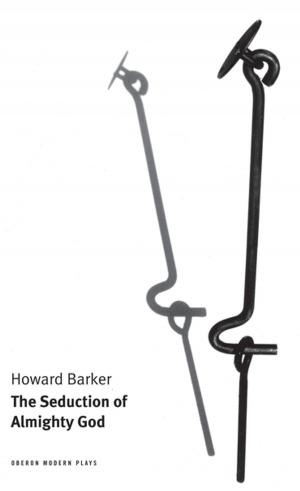Mr Modernsky: How Stravinsky Survived Schoenberg
How Stravinsky Survived Schoenberg
Nonfiction, Entertainment, Music, Theory & Criticism, Theory, Fiction & Literature, Drama| Author: | Meredith Oakes | ISBN: | 9781849433754 |
| Publisher: | Oberon Books | Publication: | June 18, 2012 |
| Imprint: | Oberon Books | Language: | English |
| Author: | Meredith Oakes |
| ISBN: | 9781849433754 |
| Publisher: | Oberon Books |
| Publication: | June 18, 2012 |
| Imprint: | Oberon Books |
| Language: | English |
Mr Modernsky tells a story about two heavyweights of twentieth-century classical music: Igor Stravinsky and Arnold Schoenberg.It traces the gradual change there has been in the way these two great rivals are perceived, looks in their music for the reasons and reflects on the nature of modernity in art and the sometimes pernicious effects of ideology. Meredith Oakes explores the tension between futuristic and historical elements in the work of these parallel artists and asks: is modernity merely about technical innovation? Must progress always mean exclusion of the past?
'...a personal reflection on Oakes’s own changing attitude to music...the discussion of Wagner’s technique and its relevance to Schoenberg in the same section is so absorbing that the reader is carried along. It’s notoriously difficult to write about what music sounds like, but Oakes has some delightful turns of phrase.' Classical Music Magazine
Mr Modernsky tells a story about two heavyweights of twentieth-century classical music: Igor Stravinsky and Arnold Schoenberg.It traces the gradual change there has been in the way these two great rivals are perceived, looks in their music for the reasons and reflects on the nature of modernity in art and the sometimes pernicious effects of ideology. Meredith Oakes explores the tension between futuristic and historical elements in the work of these parallel artists and asks: is modernity merely about technical innovation? Must progress always mean exclusion of the past?
'...a personal reflection on Oakes’s own changing attitude to music...the discussion of Wagner’s technique and its relevance to Schoenberg in the same section is so absorbing that the reader is carried along. It’s notoriously difficult to write about what music sounds like, but Oakes has some delightful turns of phrase.' Classical Music Magazine


